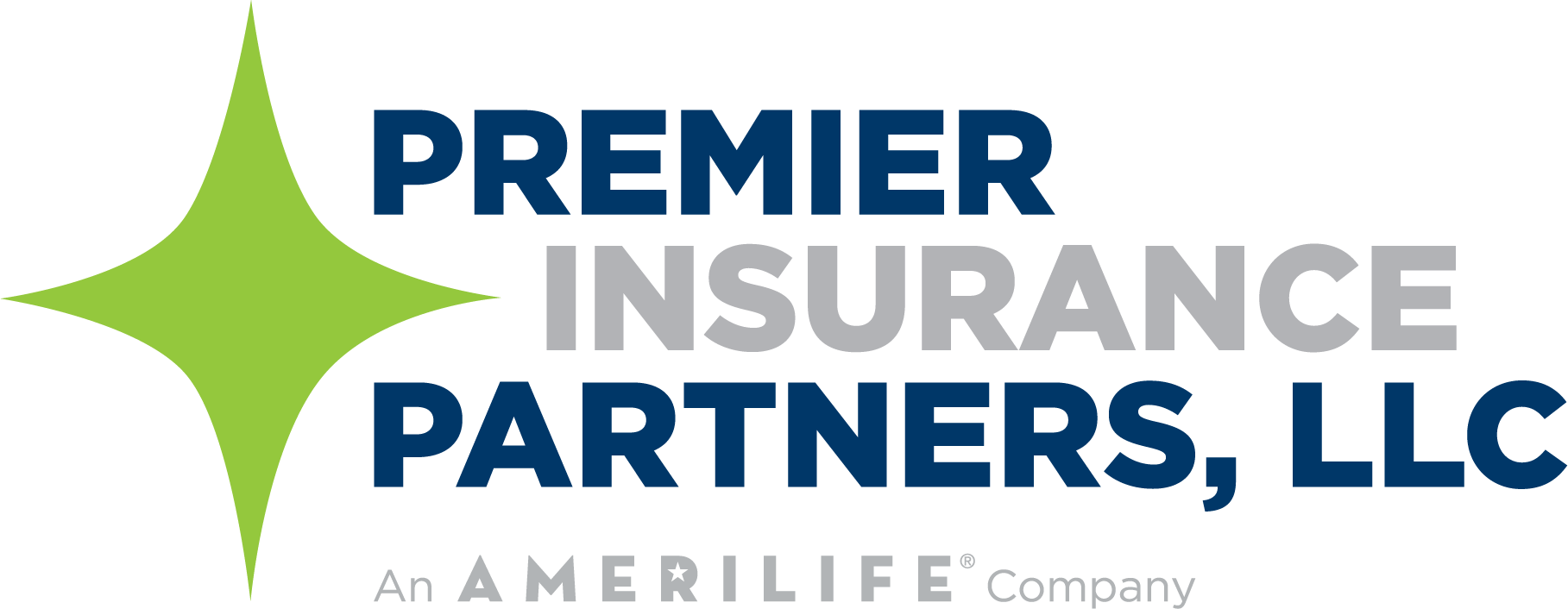
Pre-AEP Cross-Selling Strategies for Agents
Every insurance agent knows that the Medicare Annual Enrollment Period (AEP) can feel like a sprint and a marathon rolled into one. But what if you could ease the chaos before it starts? At Premier Insurance Partners, we believe the smartest moves happen before the rush. That’s why now’s the time to master your pre-AEP cross-selling strategies.
When you act early, you give clients time to breathe—and yourself time to build deeper relationships. Let’s break down how early cross-sells can boost your book and simplify your season.
Why Early Cross-Selling Matters
Pre-AEP cross-selling strategies aren’t about pushing products—they’re about creating space for better conversations. During AEP, Medicare beneficiaries are flooded with plan options, ads, and decisions. But right now? You’ve got their attention.
Use this window to educate. Show them gaps in their current plan. When you position ancillary products as tools to strengthen their Medicare coverage—not just extra products—you become more than an agent. You become a trusted guide.
Early conversations also lead to stronger client retention. When independent agents take the time to engage outside the busiest season, it reinforces trust and sets the tone for a successful AEP.
What Pairs Well with Medicare Plans?
Think of Medicare as a strong foundation. But even the best foundations need extra support. These products add value without overwhelming your clients:
- Hospital Indemnity: A sudden hospital stay can lead to surprise costs. Hospital indemnity plans cover those gaps. It’s a natural conversation when discussing Medicare Advantage plans with co-pays.
- Dental, Vision, Hearing (DVH): Medicare clients are often surprised to learn that Original Medicare doesn’t cover DVH. That leaves them exposed. This is one of the easiest cross-sells because the need is clear and personal.
- Cancer and Critical Illness Plans: Many seniors have someone close to them who’s battled cancer. These plans offer a lump sum that helps cover treatment or other expenses not covered by health insurance. Use real stories (when appropriate) to explain the benefits.
- Final Expense Coverage: Final Expense Life insurance brings peace of mind. It’s a simple, affordable way for clients to prepare for the future—and for loved ones to avoid financial stress.
- Life Insurance Reviews: Have existing clients with older policies? Now’s the time to review them. Life insurance needs often shift after retirement. These check-ins can open the door to annuities or better terms, especially when bundled with Medicare Supplement discussions.
How to Revisit Your Client Book
Use last year’s Medicare sales as a guide. Go through your book of business and ask:
- Who enrolled in a Medicare Advantage plan without hospital indemnity?
- Who mentioned dental needs but didn’t pick up DVH?
- Who has no final expense or prescription drug coverage at all?
Identifying these gaps is the first step. A simple CRM can help you track opportunities and organize outreach.
Use Client Review as a Soft Entry Point
You don’t need a hard pitch. Mid-year reviews are a natural way to check in and start conversations.
Try something simple:
“I’m reaching out to do a quick coverage review. It’s something I do every year to make sure everything still fits your needs.”
From there, ask questions. Have their health needs changed? Are they planning any travel? Has a friend or spouse experienced a major health event? These answers often lead straight into pre-AEP cross-selling strategies.
Use your marketing materials and social media to let clients know you offer free check-ins. A consistent follow-up process leads to higher conversions and increased client retention.
Stay Compliant (and Confident)
Early cross-selling doesn’t mean early Medicare pitches. Stay on the right side of compliance by avoiding plan-specific discussions unless a Special Enrollment Period (SEP) applies.
Instead, keep it educational. You’re not selling—you’re helping clients understand their risks and options. Use AHIP training as a baseline, always document your Scope of Appointment, and keep Medicare marketing materials generic unless they are approved by the Centers for Medicare & Medicaid Services (CMS).
Benefits for Agents: Why Start Now?
Strong pre-AEP cross-selling strategies don’t just help your clients—they help you.
- Higher retention: Clients with more coverage stay longer.
- Increased commissions: More products = more revenue.
- Less AEP pressure: Fewer last-minute add-ons during the busy season.
- Better conversations: Mid-year talks are warmer, less rushed, and more productive.
Plus, when you enter AEP with clients already feeling supported, you strengthen your reputation and your potential for referrals. Use PIP’s resources and AEP Checklist to stay on top of tasks like Annual Notice of Change (ANOC) reviews, Part D drug updates, and plan changes — well before October.
There’s no better time to boost your value than right now. With smart pre-AEP cross-selling strategies, you turn your quiet months into powerful opportunities. These early conversations help you uncover client needs, strengthen relationships, and build trust before the noise of AEP kicks in.
At Premier Insurance Partners, we give agents like you the tools, training, and product portfolio to make it happen. Whether you’re reviewing last year’s enrollments or scheduling mid-year check-ins, we’re here to help you stay ahead, stay compliant, and stay confident.
Need help identifying the best cross-selling products for your clients? Contact the PIP team today and start building a stronger season—before AEP even begins.
Cross-selling occurs when an opportunity to sell a Medicare plan is also utilized to sell a non-health-related product (such as life, home insurance, or financial planning services). CMS prohibits this activity during individual appointments, marketing/sales events, or when providing Medicare plan enrollment materials to consumers. Review the current Medicare Advantage Marketing Regulations and ensure you comply with Medicare’s rules regarding cross-selling
Here at Premier Insurance Partners, we make selling insurance easy no matter where you are in your insurance career. We prioritize providing in-depth training to our sales agents to help their clients and grow your business. Find the best rate for your clients with our Medicare software for our top producers. Our annuity tool always offers the most recent changes. If you have any questions, please contact Premier Insurance Partners at 855-827-1661 or info@pip1.com.





